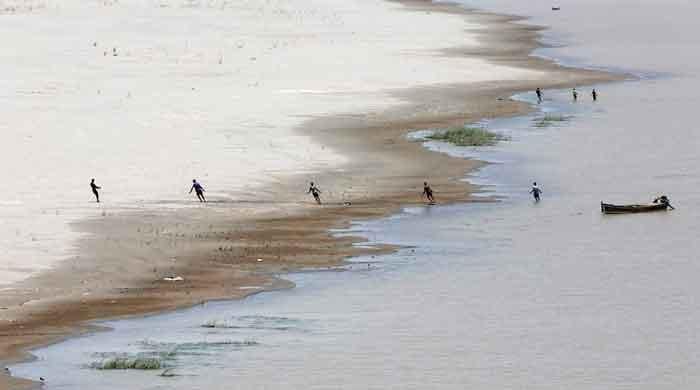The Indus Waters Treaty: A Comprehensive Overview
The Indus Waters Treaty, a pact brokered by the World Bank, was signed by Pakistan and India in 1960. It aimed to manage the allocation of river waters between the two nations, thus preventing conflicts related to water distribution.
River Divisions
According to the treaty, six significant rivers were divided into two distinct sets:
- Eastern Rivers: Sutlej, Beas, Ravi
- India was granted complete authority over these rivers.
- Western Rivers: Indus, Jhelum, Chenab
- The treaty assigned the water rights of these rivers to Pakistan while permitting India to undertake specific projects like hydropower generation, excluding irrigation projects.
Monitoring and Data Exchange
Both countries are obligated to annually share data on water flow, projects, and usage. The agreement also led to the establishment of a permanent Indus Waters Commission.
Recent Developments and Disputes
During 2023–24, India voiced its concerns when Pakistan brought concerns about hydropower projects, namely the Kishanganga and Ratle dams, to the Court of Arbitration. India maintained that Pakistan should have first engaged in technical consultations before seeking arbitration.
India then declared its intention to reassess the treaty and sent a diplomatic communication to Pakistan regarding negotiations to either end or revise the accord. These discussions served as a diplomatic tool. Although India has not formally withdrawn, the treaty technically remains in force but its execution has been threatened.
The World Bank, in its role as guarantor, has yet to officially acknowledge India’s potential suspension of the treaty.
Pakistan has requested intervention from both the United Nations and the World Bank for support.
In 2024, the Court of Arbitration sided with Pakistan, determining that India’s projects violated the Indus Waters Treaty.
Subsequently, the Indus Waters Commissions of both countries resumed meetings, signaling a reaffirmation of the treaty’s fundamental tenets.



Comments (0)
No comments yet. Be the first to comment!
Leave a Comment